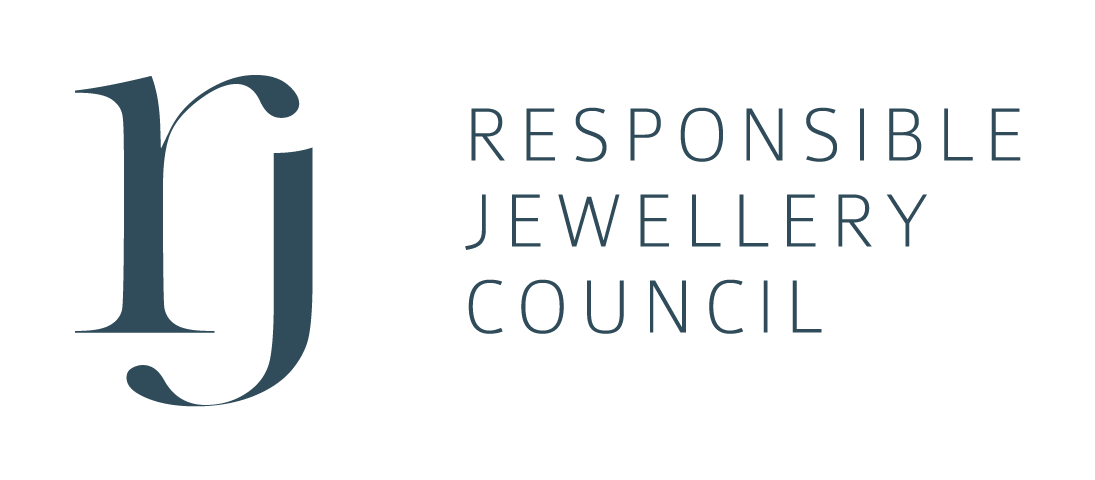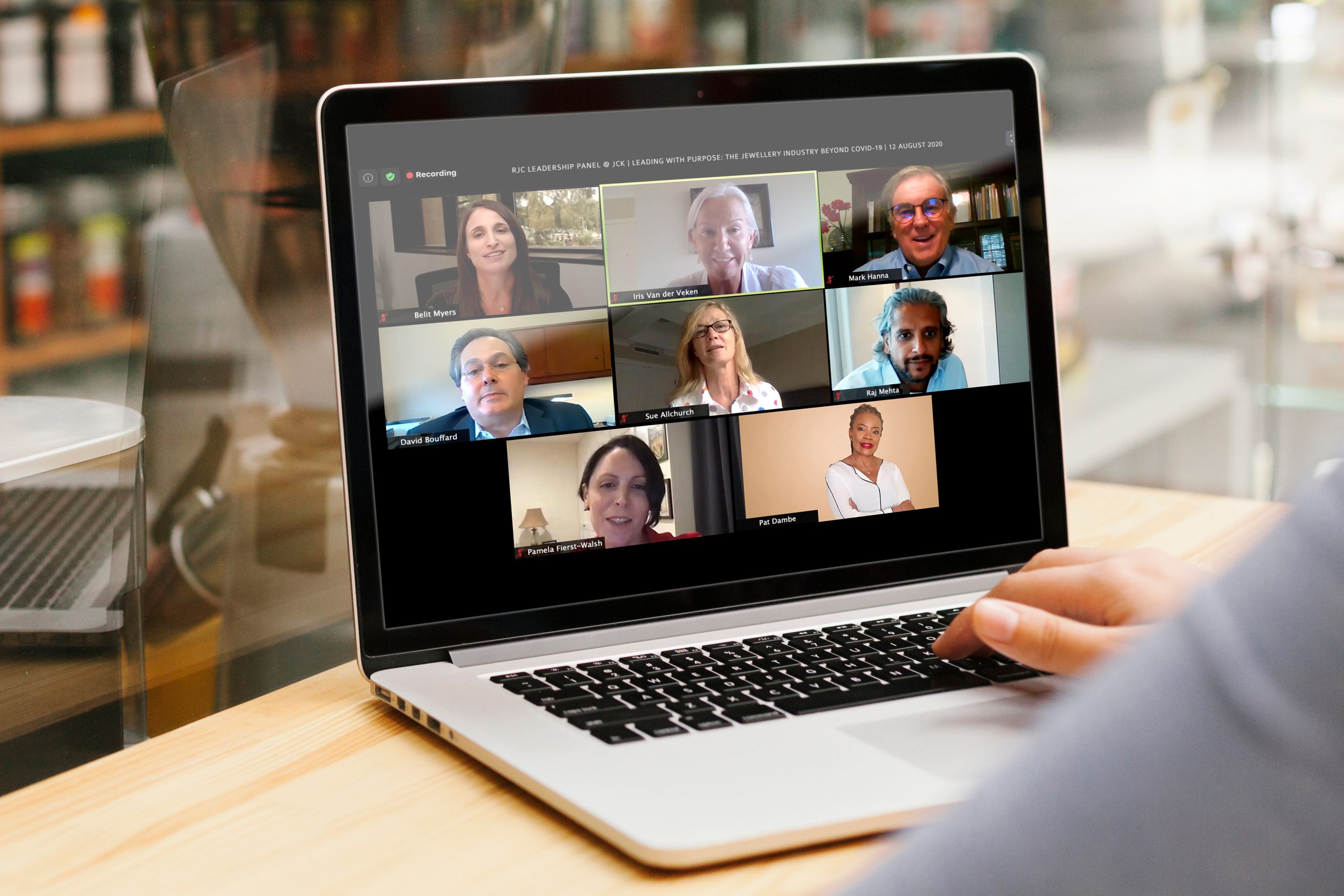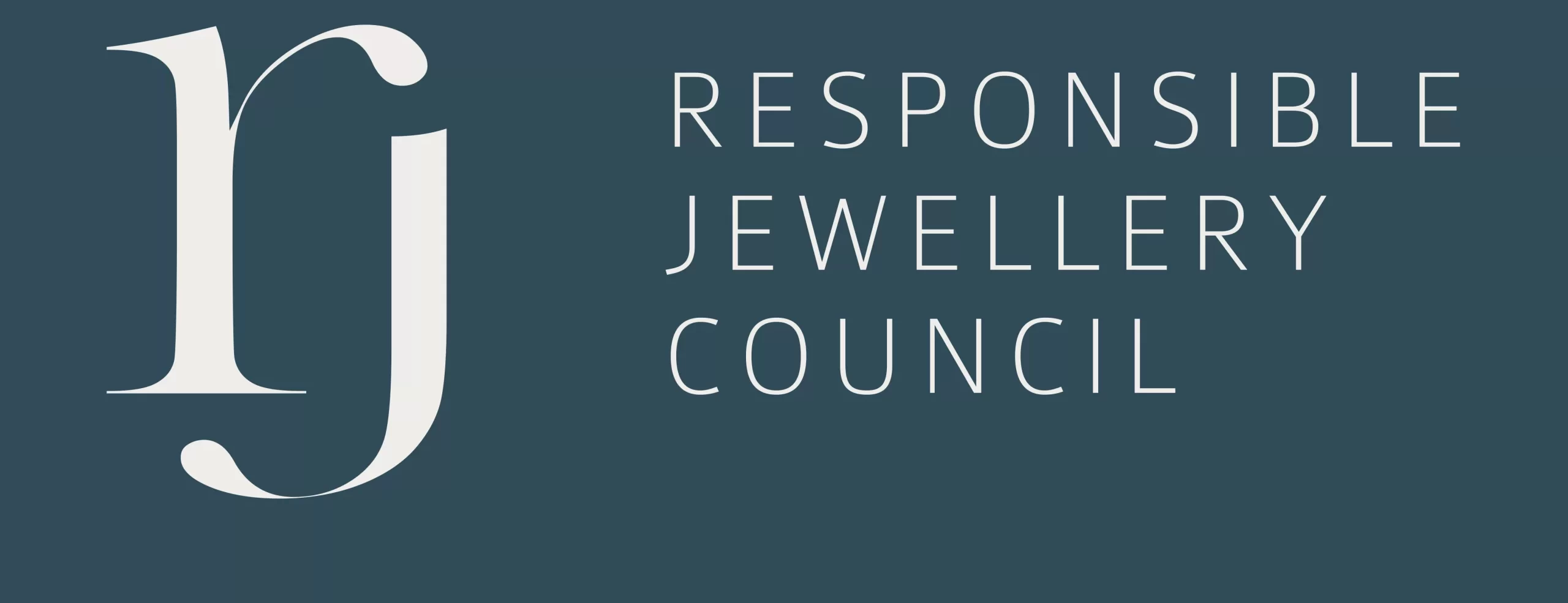This is the decade of Trust and Transparency
The global COVID-19 pandemic is creating all sorts of uncertainty for the world, but the importance of promoting and integrating responsible business practices and sustainability among the jewellery industry remains essential to enhance consumer confidence. We wonder what the next ‘normal’ will be, and how we can prepare for it. As U.N. Secretary-General António Guterres asked, “How can we build back better?”
As countries around the world tentatively slowly come out of lockdown, broad and transformative changes across the supply chain will be key to getting jewellery businesses, and the economy, back on track whilst simultaneously promoting a more sustainable way of operating. In this decade of trust and purpose the conscious consumer is looking for accountability, transparency and real Purpose. Sustainability has become a global mainstream movement with partnerships and collaboration the only way forward – we need strong leadership throughout the entire value chain that embrace Environmental and Social Governance (ESG) frameworks into the heart of their business culture, strategy and operations.
"As RJC celebrates its 15th anniversary, I am excited to see the potential for ever greater impact through partnership with so many who share our commitment to responsible and sustainable jewellery industry."
Iris Van der Veken, Executive Director, Responsible Jewellery Council Tweet
Yesterday, I was very pleased to host a diverse group of jewellery industry experts and sustainability leaders at JCK’s virtual event to discuss exactly this. My panellists included Sue Allchurch (Chief, Outreach & Engagement, United Nations Global Compact), Pamela Fierst-Walsh (Senior Advisor on Conflict Minerals , U.S. Department of State), Pat Dambe (Vice-President, Corporate Affairs and Government Relations, De Beers Group), Raj Mehta (Director, Rosy Blue NV), Mark Hanna (Chief Marketing Officer, Richline Group), Belit Myers (Vice President of Compliance, Inventory and Information, Stuller) and David Bouffard (Vice President of Corporate Affairs, Signet). The subject of our discussion was the relationship between responsible business and resilient business, particularly in times of crisis and uncertainty such as we are facing now. It was a fruitful discussion, and several key themes emerged.
First, that the pandemic has put a spotlight on inequality. COVID-19 has powerfully demonstrated the interconnectedness of the social and economic challenges we face. We see this in the impact on women in the workforce from the pandemic and, closer to our industry, in artisanal miners losing out even while the price of gold goes up.
Pamela Fierst Walsh emphasized that the crisis is stress-testing supply chains, making it vital that responsible actors step up and protect those who are dependent on them. Encouragingly, there are good examples of this, such as DeBeers’ partnership with Stanford University and UN Women in diamond producing countries, investing in women-owned microenterprises. While these were up and running before Covid-19, they are now more important than ever. I reiterated the message that the RJC supports the Call for Action from Civil society urging emergency action for vulnerable artisanal and small-scale (ASM) mining communities and supply chains. In times of heightened risks in global mineral supply chains, the carrying out of due diligence and support for on-the-ground, OECD-aligned initiatives remain more important than ever
Second, it is very clear that consumer expectations have shifted in favour of responsibility and sustainability. Mark Hanna cited research that reveals more than 60% of consumers are willing to spend more for sustainably sourced products and more that 80% of employees want their companies to have responsible and ethical business practices that demonstrate corporate citizenship. No business can escape these changing consumer expectations. – nor should they want to: responsible businesses are performing better. As Mark Hanna said: “this isn’t about sustainability practices of our companies, it is about the sustainability of our companies”.
Third, transparency is a key dimension of responsibility for our sector. Pat Dambe from De Beers highlighted how producers want and need to be able to tell the story of where their diamonds have come from, and how technology such as blockchain is enabling the industry to more accurately trace each stone from mine to finger. Raj Mehta of Rosy Blue, speaking from the perspective of the jewellery industry in India, noted that trust is crucial to consumer confidence and therefore, even in difficult times like now, it is important to maintain supply chain integrity. For Rosy Blue, this has been a journey of continuous improvement towards the highest standards of integrity at every stage of the supply chain. As Raj said “there is no excuse for us not to know our own supply chain anymore”.
Fourth, we all agree that the SDGs present a powerful lens for our sector and a way forward for us all, as an essential blueprint for ensuring a sustainable future for businesses, people and the planet. Sue Allchurch from the UNGC explained that we are currently behind on our targets for achieving the UN Sustainable Development Goals and that forging partnerships will be crucial both to delivering business results and making progress on the SDGs. The RJC’s ground-breaking collaboration with UNGC, agreed in 2019, is one such partnership and a personal priority for me in setting the RJC’s direction moving toward 2030. By aligning ourselves to the SDG’s our industry can play a crucial role in advancing gender equality, decent work, climate action and responsible consumption and production. Every node in the supply chain represents lives and livelihoods, and therefore everything the jewellery industry does has potential to contribute towards the SDGs.
Finally, what does the future of our industry look like? Our discussion reinforced for me how COVID-19’s profound impact, overlaid on consumer expectations that were already changing, means that consumers, investors, and society at large will require a redoubling of our industry’s efforts to demonstrate its commitment to doing right by society and the planet. This will take collective effort by us all: As Raj Mehta said, “we all need to look beyond our own supply chains and help to raise standards together, as an industry”.
RJC has a crucial role to play here in supporting our industry on its journey of continuous transformation to ever higher standards and integrity. As David Bouffard said, “there is no need for a new model for responsibility – the RJC is already the world standard”. This is being more widely recognised: in 2019, the Plumb Club – a leading member organization for jewellery suppliers – made it mandatory that all its members become certified members of the RJC.
So as RJC celebrates its 15th anniversary, I am excited to see the potential for ever greater impact through partnership with so many who share our commitment to responsible and sustainable jewellery industry.
Let us work more closely together as to ensure the necessary collaboration and alignment as we implement global approaches to securing a fair, healthy and prosperous future for ourselves, our children and grandchildren.
We owe it to future generations to work together and build back better from COVID-19 and base our recovery from the pandemic on solid foundations. The Sustainable Development Goals are pivotal to this endeavour.


